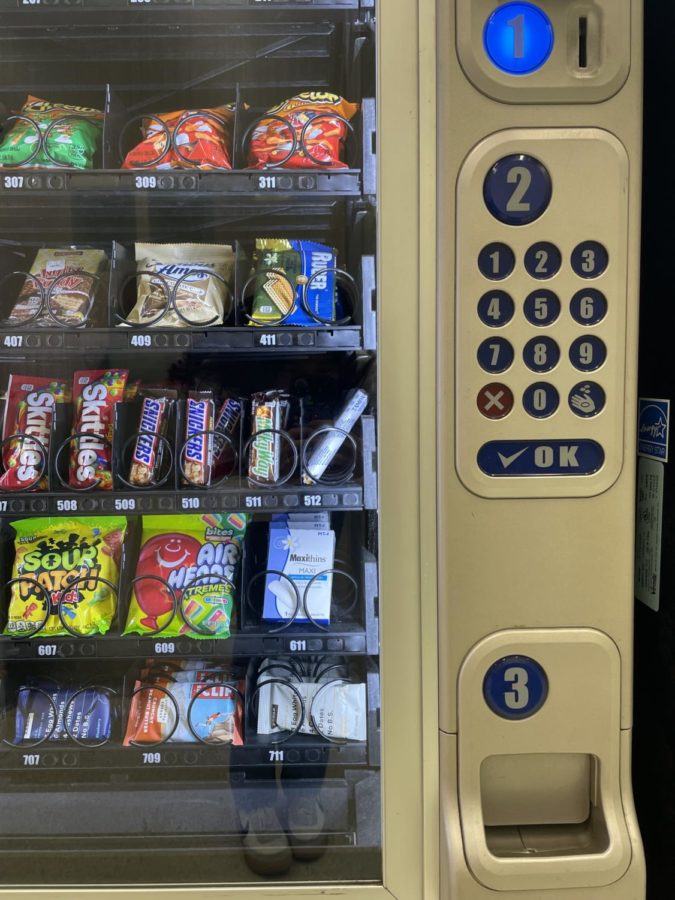Undergraduate Student Government (USG), in collaboration with Campus and Student Life (CSL) and Graduate Council (GC), launched a pilot program in the beginning of spring quarter that provides free pads and tampons in vending machines on campus.
The menstrual products, which will be available throughout spring quarter, can be found in six locations: Harper Memorial Library, Ida Noyes Hall, John Crerar Library, Ex Libris Cafe, Gerald Ratner Athletics Center, and Henry Crown Field House.
According to Associate Vice President for Student Life Michael Hayes, the performance of the pilot program will be evaluated by CSL, GC, and USG, who will collectively determine the future of the program based on student interest and usage.
“During winter quarter, we explored the possibilities, feasibility, and potential methods to distribute products in an efficient manner, and we are piloting the program now,” Hayes said. “Campus and Student Life is happy to work with students on ways to improve life on campus for students.”
The project was spearheaded by USG President Summer Long (A.B. ’23), who was approached with the idea by Maria Bautista, Assistant Professor at the Harris School of Public Policy. Soon after, Long reached out to GC, and eventually CSL, which is currently funding the initiative.
“[Bautista] had asked her students what kind of problems they were facing on campus, and a lot of them had shared that there wasn’t a lot of access to menstrual products on campus,” Long said. “So this prompted her to send an email to both Undergraduate Student Government’s health and wellness committee and Graduate Council’s health and wellness committee, just to get some action on the issue.”
When deciding on which locations to place the menstrual products, Long said the team tried to target the most trafficked areas on campus—libraries and gyms. Although a similar program had been implemented in 2017, it failed to continue due to technical restocking issues. Thus, Long said it was important for the team to develop the new program with the previous initiative’s shortcomings in mind in order to ensure its sustainability. In the current pilot program, products are monitored and replenished by a contracted vending partner. It is also larger in scope with additional locations and with unprecedented cooperation with CSL.
“The impression I had gotten before is that there wasn’t necessarily a contracted process for restocking the pads and tampons in the previous attempt,” Long said. “So I’m more optimistic this time about [the program] being sustainable, because it’s basically been incorporated into a different workflow.”








